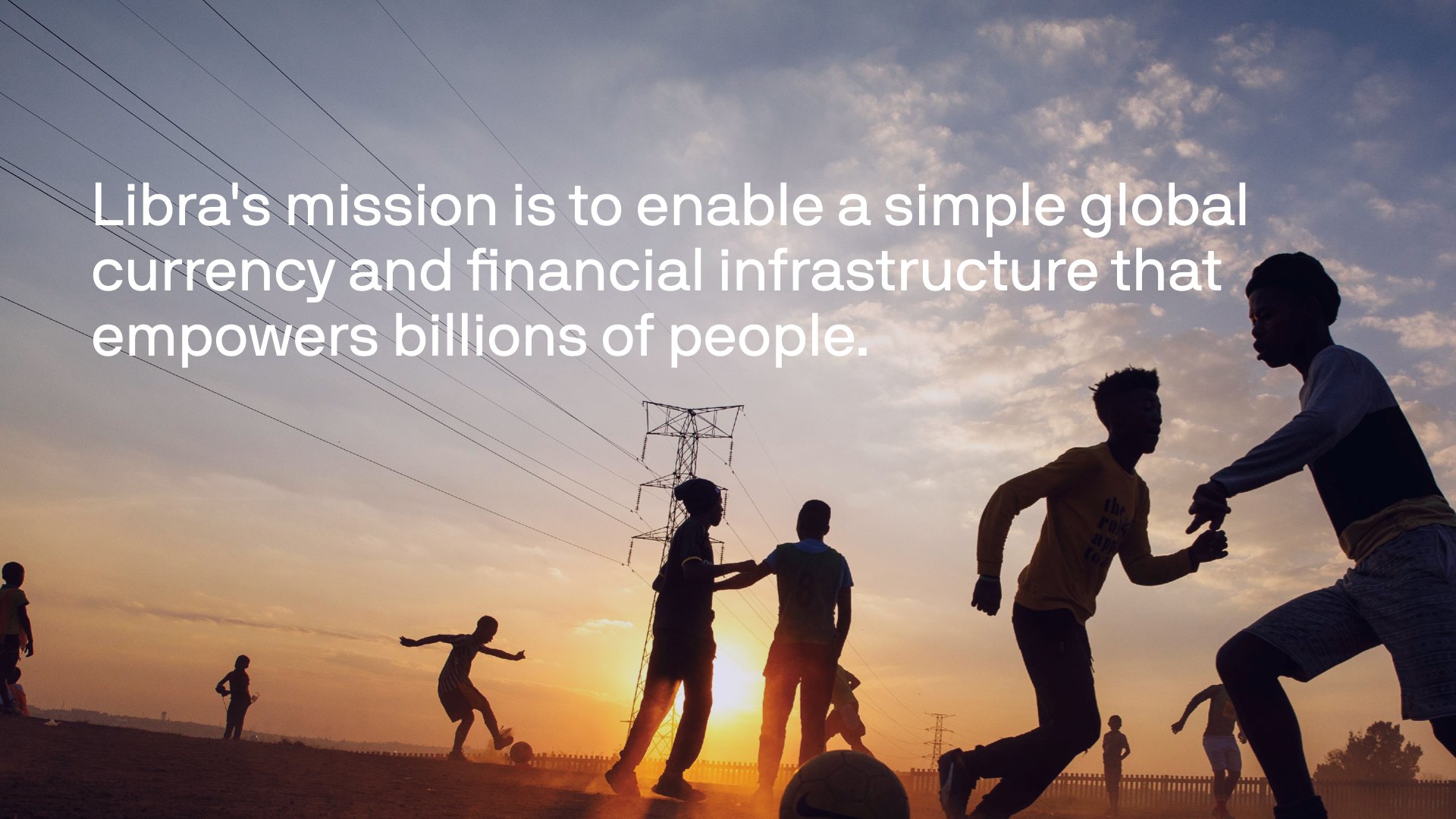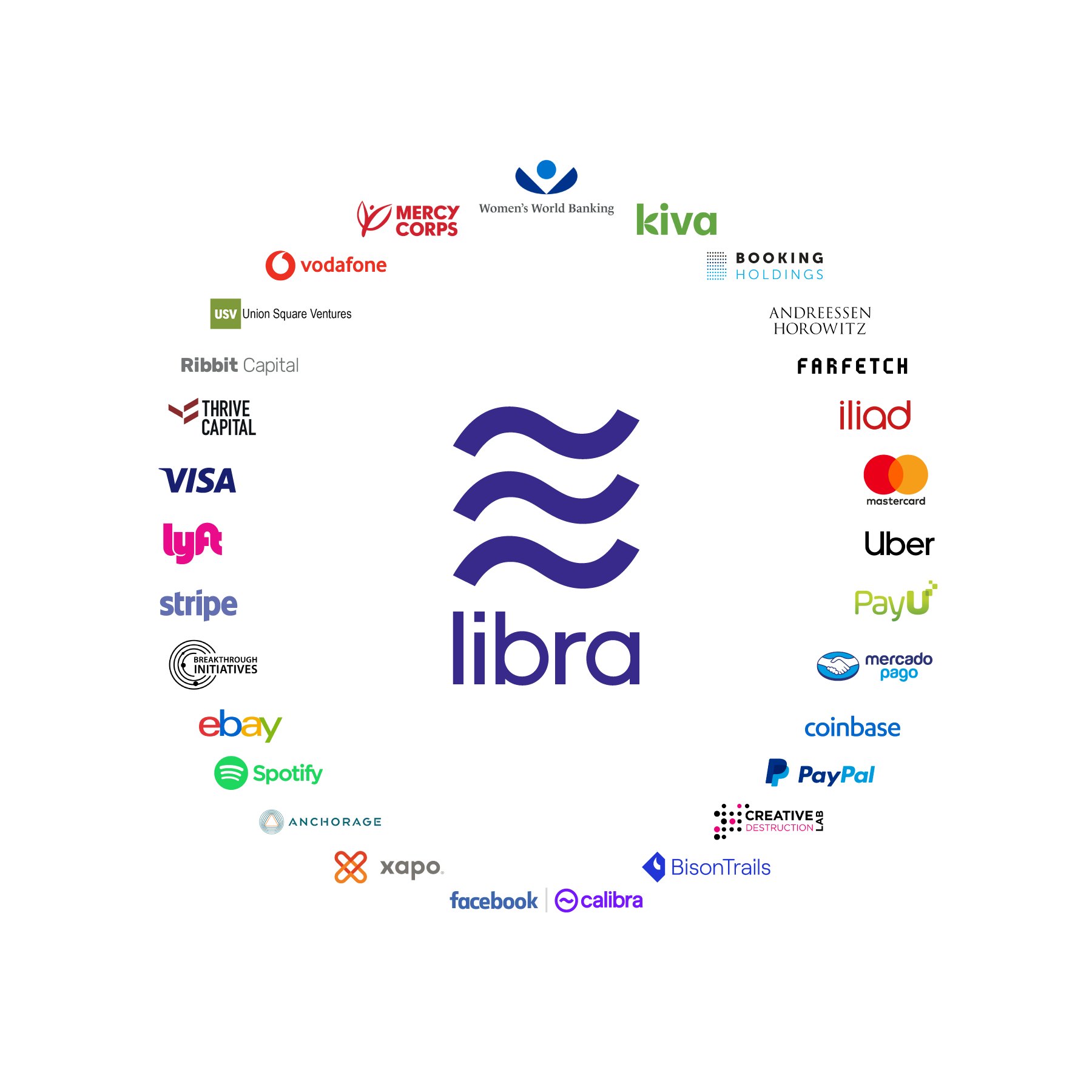Two More Cents On Facebook's Blockchain Project: Libra
Facebook unveiled the details of their blockchain project, and there is a lot to be excited about.
There is also a lot to be cautious about.
But perhaps the most exciting development to track will be the experiment in a relationship between open economic infrastructure and the traditional model of the firm that this project kicks off.
Like many in the ecosystem, we at Access Ventures are lured to blockchain technology by its promise to deliver more “open and inclusive economic infrastructure.” At the heart of this promise is the groundbreaking ability to coordinate economic activity around the utility of a network to participants (builders, maintainers, users), a motivating tenet that is in direct contrast with the driving force of the traditional firm: maximize shareholders’ profit.
This new form of economic organization is powerful from an inclusivity standpoint. It neutralizes the drive for increasingly attractive economics which is most responsible for freezing out–and in worst cases exploiting–consumers. As in most things, the most vulnerable among us bear the brunt of the exclusion or exploitation which results from the profit mandate of the firm.
But all users are affected whenever their utility is at odds with the profit interest of a firm’s shareholders. You don’t have to look any further than Facebook for an example case: it is a drive for growth in profitability per user which has led to the data privacy and safety concerns that trouble consumers. Amid the public shock and awe, it is easy to forget that Facebook is behaving perfectly “rationally” as a firm when it engages in business practices that maximize its shareholders’ value but that are not in the best interest of the firm’s users.
“It is a powerful idea… preserving the positive impact of open and inclusive economic infrastructure.”
It is therefore very interesting to consider that a firm (or an association of firms) whose motivating mandate is to maximize shareholders’ profit might find symbiosis with a permissionless blockchain network which must be oriented around maximizing the network participant’s utility.
The proposed idea is to have a firm (or again, an association of firms) benefit from profit-generating functions that are built on top of blockchain based economic infrastructure. In Facebook’s specific case, an optimistic guess may be that the firm hopes to benefit primarily from increased stickiness in its suite of social networking and messaging applications by introducing blockchain based, utility-driven (read: no or minimum fees, sensible privacy protections, etc.) payment functionality (that and interest income, of course).

It is a powerful idea, and it could set an exciting precedent for a symbiosis between blockchain technology and the firm; preserving the positive impact of open and inclusive economic infrastructure while providing an avenue for the most effective mode of economic organization we have known to date to engage with this new and seemingly antithetical means of coordination. Said differently, this project may become a model for co-opting the profit-driven firm in creating and supporting utility-driven products.
Or it could prove to be a clash of oil and water.
Despite a stated intention to transition to a permissionless network, the Libra network will be permissioned to start. The Libra Association does not believe that there is a proven model for a permissionless network that can “deliver the scale, stability, and security needed to support billions of people and transactions across the globe” at this time. While the Libra Association does outline the technical and economic challenges which prevent them from launching a permissionless network, they do not provide any insight into development efforts or even a review process which would pave the way to a permissionless network. It is worth noting that other (less resourced) projects in the ecosystem believe that the technical and economic barriers to “deliver the scale, stability, and security needed to support billions of people and transactions across the globe” have been resolved and are in the process of implementing permissionless networks that can match Libra’s proposed performance.
For now, all we have from Libra is a promise with a timeline: “One of the association’s directives will be to work with the community to research and implement this transition, which will begin within five years of the public launch of the Libra Blockchain and ecosystem.”

It will, therefore, be interesting to track the sincerity of the Libra Association’s promise to relinquish control and transition toward a permissionless network. If the Association lives up to this promise, it will kick start a truly remarkable experiment of the coexistence of the profit and utility motives. If they do not live up to the promise, or delay the transition long enough for competing permissionless networks to mature, it will be interesting to track whether the maturing decentralized networks can ride better utility alignment with network participants to catch up to or surpass Libra, despite the dominant lead and powerful, global network effects Libra is poised to benefit from.



